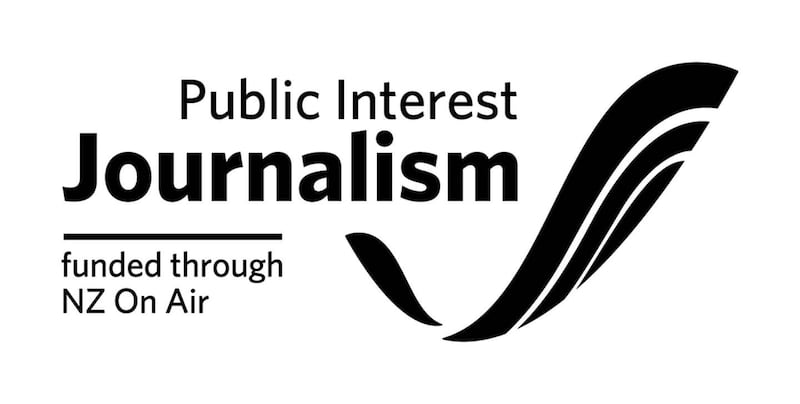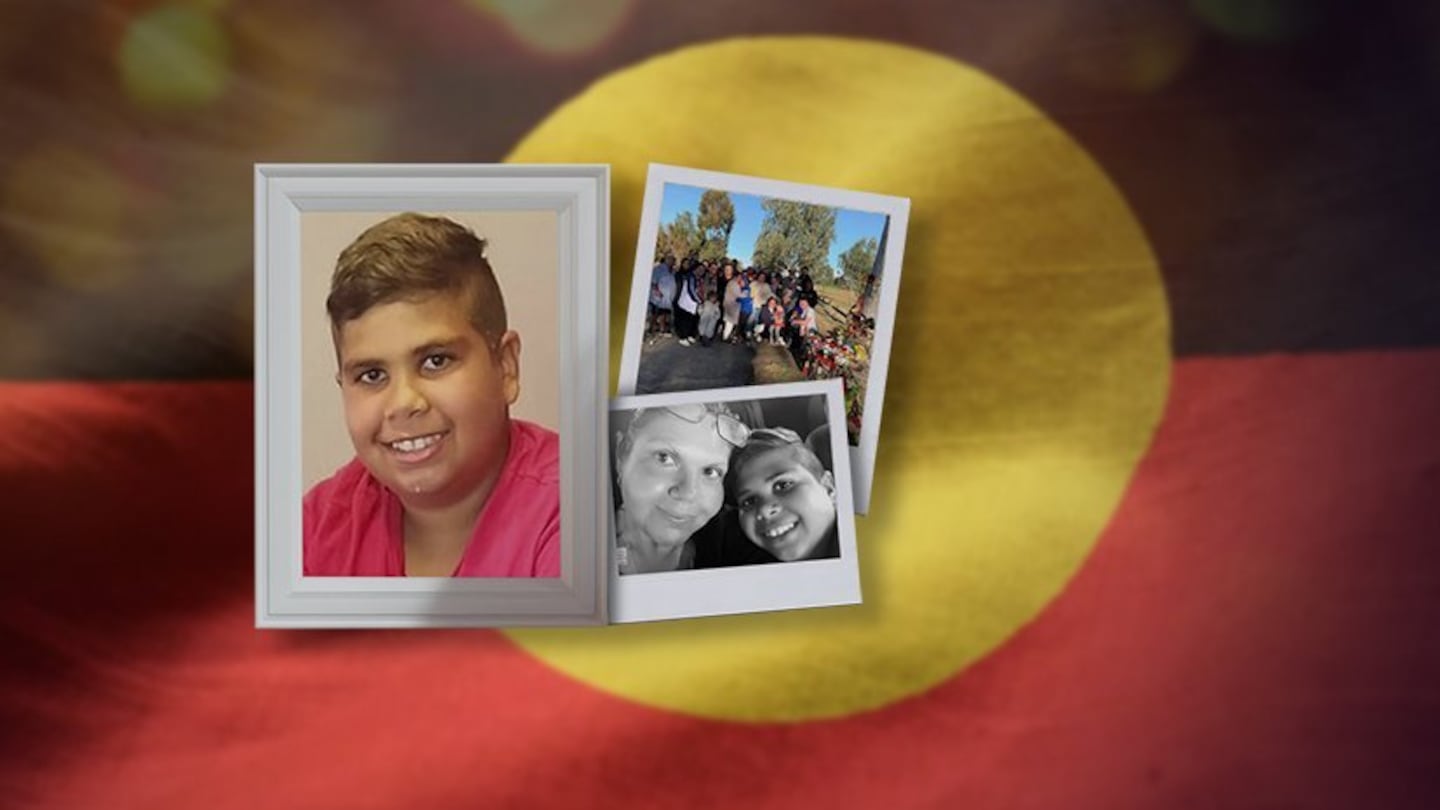Australia is a nation grappling with racism both past, present, and future.
That's according to James Blackwell of the Wiradjuri tribe of Canberra following the death of 15-year-old Western Australian boy, Cassius Turvey (Noongar Yamatji), in what has been described as a racial attack. He says that there has been apathy towards the murder from sections of the community.
A national day of protest was held in Australia today for Cassius, who died following an unprovoked attack that has left Western Australia and the Aboriginal community of the country shattered. He was allegedly beaten with a metal pole and died 10 days later.
Thousands of people held vigils and rallies around the country today honouring the life of Cassius Turvey.
Cassius Turvey's death sparks more discussion around racism in Australia.
Man charged
Jack Steven James Brearley, 21 has been arrested and charged with murder and assault. Police are also investigating four other people who were known to be with Brearly.
Aboriginal television presenter Tony Armstrong criticised Australian media coverage of the story while appearing on Network 10's The Project, calling the story "not Hollywood enough", despite the public outrage at Turvey's death and WA Police Commissioner Col Blanch saying that racism had not been established as a motivating factor of Turvey's death.
But even Prime Minister Anthony Albanese weighed in and condemned the attack as “clearly racially motivated”.
The Wiradjuri's Blackwell said this was a "brutal violent attacking of a teenager walking home from school, with an incredibly violent and racist overtone to the attack.”
“It’s the kind of thing that should be front and centre of national media.
“Obviously it’s quite violent, shocking and horrifying but it’s more than worrying that it should be front and centre for us as a country.”
Indigenous lives seen 'unimportant'
Blackwell says the community is shocked at the nature of the incident but not by the racism that surrounds it.
“It’s very clear that this is a racist attack against an Aboriginal kid in public, in daylight.
“It’s important that [the Police] call it out for what it is so we can do something about it. You can’t fix the problem until you’ve identified the problem.”
Through his own observations of politicians and media about the story, Blackwell says Indigenous lives in Australia “aren’t seen as important”.
“There are other, more trivial, issues over the last week than [the media] have with this murder.”




